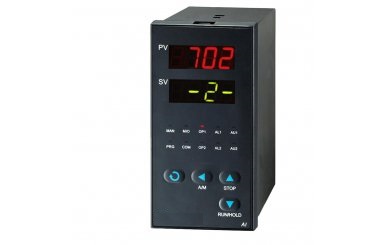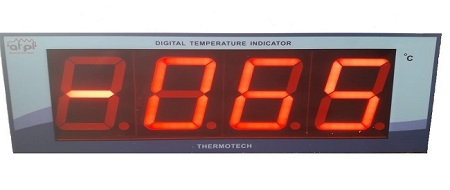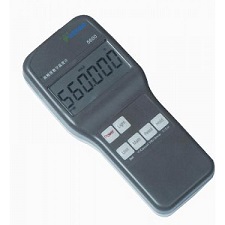
Model PD1 – Digital Autotune PID Controllers
Overview
PID (Proportional–Integral–Derivative) controllers are fundamental instruments used in industrial automation to maintain desired process conditions such as Temperature, pressure, or flow rate. By continuously comparing a setpoint to the process variable and applying corrective actions, PID controllers ensure optimal system performance with minimal manual intervention.
Working Principle
A PID controller calculates the deviation (error) between a desired setpoint and a measured process variable. It applies corrective output based on three components:
Proportional (P): Immediate response to the current error
Integral (I): Correction based on accumulated past errors
Derivative (D): Predictive correction based on the rate of error change
This tri-action logic enables the controller to stabilize the process efficiently and accurately. The autotune function automatically adjusts PID parameters to suit the system’s dynamics, minimizing overshoot and improving stability.
Key Features
Control Outputs:
Servomotor
On/Off Relay
4 to 20 mA Analog Output
Profile Control:
Programmable 16-segment Ramp-Soak profile for complex Temperature/time operations
Alarm Outputs:
Up to 2 alarms
230 VAC, 3 Amp relay contacts
Fuzzy Logic & Autotuning:
Advanced fuzzy logic-based PID algorithm for adaptive and self-correcting performance
Automatic tuning of PID parameters ensures easy setup and optimum response
Universal Input Compatibility:
Thermocouple (e.g., K, J, T, etc.)
RTD (PT-100)
Analog (4 to 20 mA)
Available Sizes:
48 × 48 mm
48 × 96 mm
96 × 48 mm
96 × 96 mm
Additional Features:
Remote Set Point (RSP) functionality
Retransmission Output for signal duplication
Serial Communication: RS-485 / RS-232 for SCADA or PLC integration
Applications
Temperature control in furnaces, ovens, and heating systems
Flow and pressure regulation in industrial processes
Automation in plastic, packaging, and chemical industries
Systems requiring ramp-soak programming and adaptive tuning











